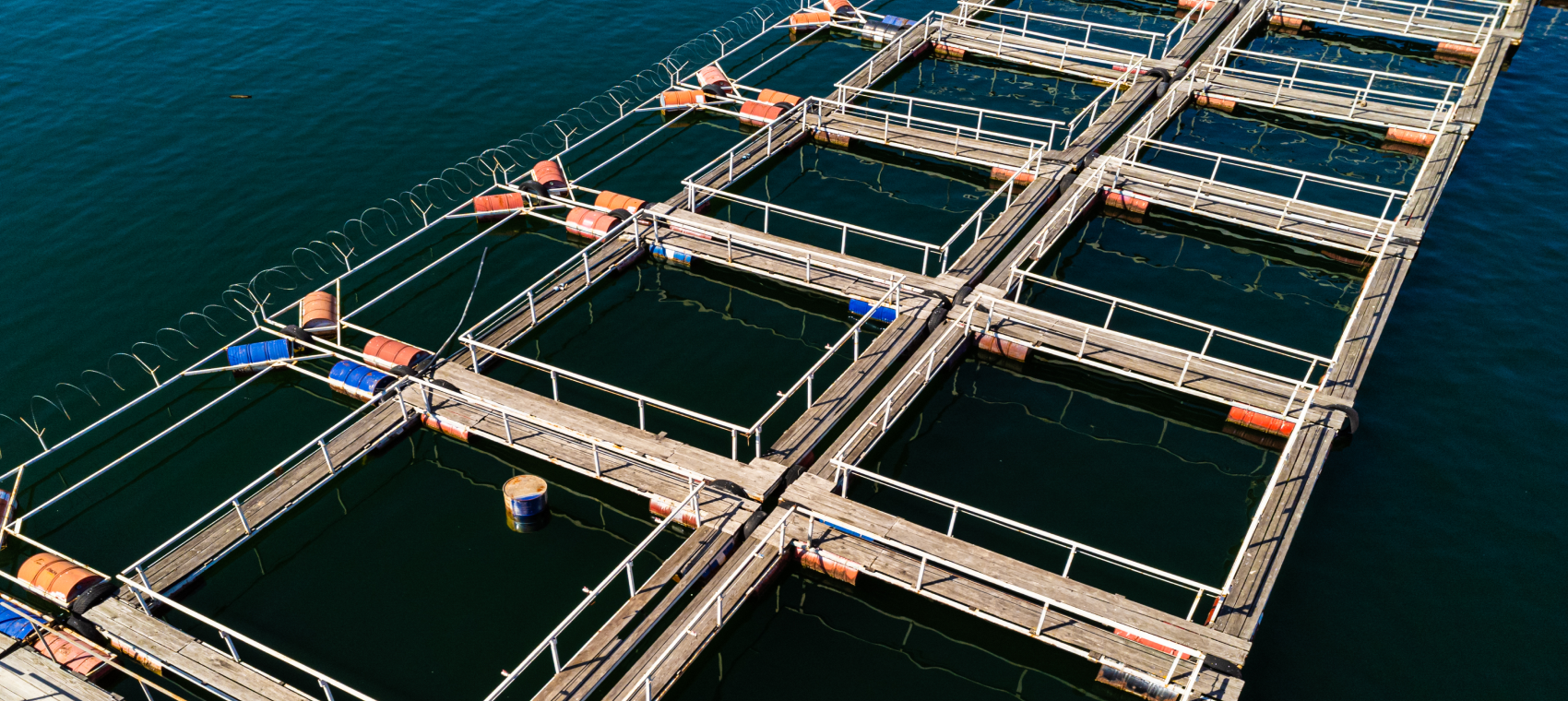Aquaculture
CAREERS

Ichthyologist
An ichthyologist is a marine biologist who studies various species of fish classified as bony, cartilaginous, or jawless. His work includes the study of the history, behavior, reproductive habits, environment, and growth patterns of fish.
Average yearly salary
- 45,000 € to 75000 Euro
Work Schedule
- Full time
- 40h / week
- Shore Based, may require trips to the aquaculture site
What you’ll do
- Identifying fish
- Observing behavior
- Monitoring water quality in tanks
- Designing and conducting research
- Evaluating data
- Writing and publishing scientific papers
- Attending seminars or industry events
- Promoting conservation efforts
- Giving lectures
- Presenting findings to other industry professionals
Education, training, and qualification
- Intermediate VET in Aquaculture Crops
- Higher VET in Aquaculture
- Higher VET in Analysis and Quality Control Laboratory
- University Degree in Marine biology / zoology / biology /chemics
- (Master’s Degree in Aquaculture)
- Commercial Diving Training may be required for underwater work
Experience
They can take the experience from different jobs such as laboratories, museums, universities, zoos, companies, or government facilities. Marine internship can help you gain practical experience in the field while completing your undergraduate studies. Personal Qualities and Skills
- Have a strong interest in marine life
- Research skills to perform field observations and sampling, as well as specimen collection and preservation
- Laboratory skills such as dissection and microscopy
- Computer skills
- Interpersonal skills involving networking and collaborating with other industry members, as well as teaching university-level courses
- Verbal and written communication skills
- Diving skills
Career path and progression
Ichthyologists are highly specialized and qualified professionals who can work in their main field in aquaculture and fisheries. Other areas where they could work would be zoos and aquariums. They may move into the academic world, teaching marine biology or zoology at universities or high schools. Where could you work
The main field of work for ichthyologist is in fisheries and aquaculture. Depending on their business and interests, ichthyologists may work in classrooms, business offices, laboratories, or zoos. In some cases, they may travel to various locations—both domestic and international—to observe or collect specimens from oceans, rivers, and lakes. When working in the field, the environment can be unpredictable. Therefore, it's important to take the right precautions to minimize injury. As with most biological scientists, ichthyologists are required to possess at least a bachelor's degree in a relevant biological science, such as zoology or marine biology. Students may take such courses as marine ecology, aquatic entomology, and history of vertebrates. 

